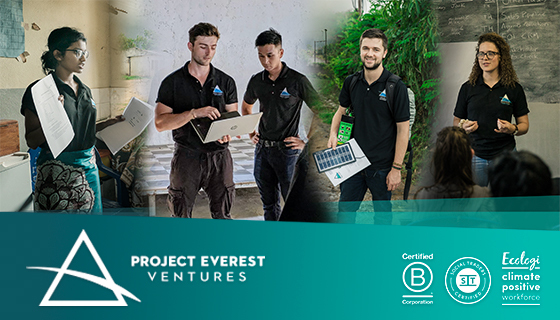Charles Darwin University (CDU)
Master of Social Work (Qualifying)
Masters (Coursework)
Key details
About this course
Be an agent of change and make a difference in the lives of families, individuals and communities. Our Master of Social Work (Qualifying) provides you with the skills and knowledge to work in a diverse range of practice contexts including urban, regional and remote and international settings. As a provisionally accredited course, graduates are eligible for membership to the Australian Association of Social Workers and will be a part of a growing and diverse CDU social work alumni. During the course, you will explore themes and concepts such as social justice, human rights, critical reflection and supervision, culturally responsive practice, research and advocacy. Students will complete two placements in the field to further consolidate classroom learning with real world practice.
Entry requirements
Successful completion of:
- a recognised bachelor degree in any field; and
- the equivalent of one-year full-time study in behavioural or social science units, whether this be included in the completed degree or in the form of additional qualifications at diploma or above level.
Due to professional recognition, applicants who have completed a Bachelor of Social Work undergraduate degree accredited by the Australian Association of Social Workers will not be eligible for entry into this course.
Study locations
Casuarina
Casuarina
Online
What you will learn
Our Master of Social Work (Qualifying) is a two-year, full-time course comprising of core units in social work and two, 500 hours of field placements. Core units include an introduction to social work contexts and critical approaches to practice; culturally responsive practice with families, individuals and groups; social work theory and integrated methods; community development; advocacy, research; social policy and social change. Field placements are held in second semester each year and facilitate direct and indirect practice opportunities within a host organisation. The course uses a blend of online and face to face learning opportunities, with students required to attend 20 days of on campus workshop and skill development training across the length of the course. Students are required to pay for course related costs such as attendance at intensives and placements.
Career pathways
As a graduate of the Master of Social Work (Qualifying) degree, you will develop key skills in critical thinking and working with persons of diverse backgrounds. Career opportunities exist in fields such as drug and alcohol, family violence, working with children and families, refugee and humanitarian contexts, social policy, justice, First Nations organizations, not-for-profit sector, government sector including child protection, health, education, residential and aged care, international development, social policy and research.
Graduate outcomes
Related opportunities

Supplement your studies and kickstart your career; take your skills for a test drive with industry experience this Summer.